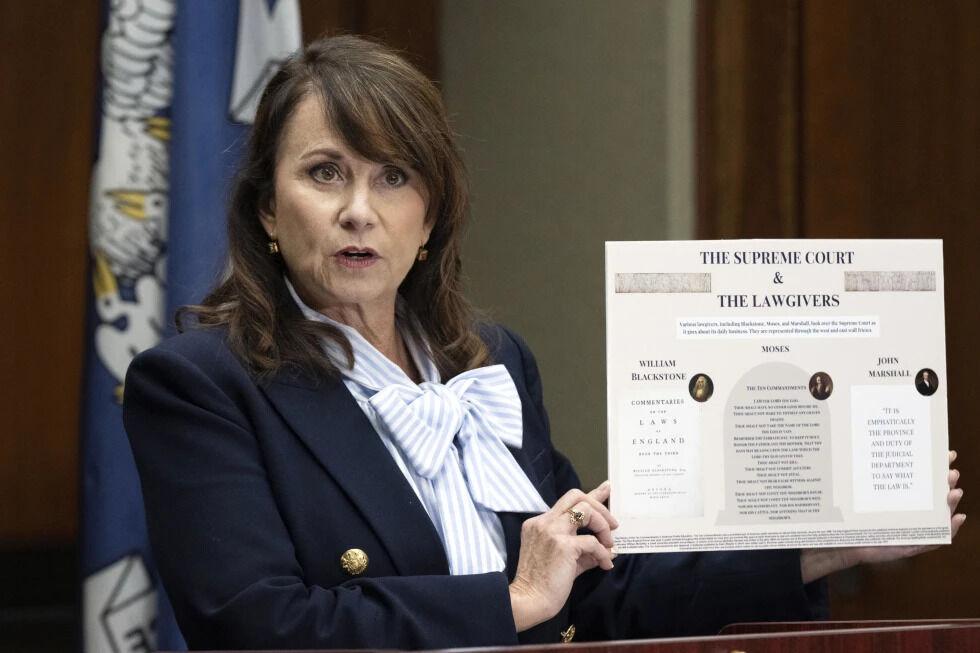Nirvana’s newly-released greatest hits album is climbing the charts. Bookstores everywhere are preparing to shelve Kurt Cobain’s “Journals” for mass consumption. While millions of Nirvana fans rehash their admiration, I thought it pertinent to consider Nirvana, Cobain and the legacy left by our generation’s most important rock music.
For most people, Nirvana started in 1991 when “Smells Like Teen Spirit” bum-rushed America’s commercial airwaves. Initially, the band represented more of a novelty than anything else. Their grungy, muddled sound stood in sharp contrast to the shiny, slick sounds of the day. Before long, radio programmers couldn’t play “Teen Spirit” enough to satisfy listeners weary of Poison and Motley Crue’s bloated rock.
By 1992, “Nevermind” embodied a full-on grassroots phenomenon. Soundalikes teemed from the woodwork as Seattle became the unofficial capital of rock music, all to the disbelief of Cobain, who went from coffee-shop custodian to pop icon between syringe-loads of heroine.
As Cobain’s journals indicate, he dealt with Nirvana’s success awfully. None of his idols–The Pixies, The Meat Puppets or otherwise–ever had to deal with the horrendous onslaught of MTV and the focus of American popular culture. He abandoned popular media for months at a time for fear of reading or seeing himself at the forefront of such a cultural revolution.
Heroine was his escape. Plagued by an undiagnosed stomach condition that paralyzed him for days at a time, Cobain numbed himself with the drug when his medications failed him. The disease left him anorexic and anemic, weighing only 105 pounds at one point. In one journal entry, he wishes he could trade every dollar and every hit record for relief.
Kurt’s life became awash with detox clinics and heroine relapses, with monumental musical victories peppered in his background. “In Utero” of 1993 was instantly successful. It became the final studio-album the trio would produce.
“Teenage angst has paid off well/But now I’m bored and old,” was the initial vocal from the album, revealing volumes about Cobain’s literary ability and point-of-view. One year later, Cobain shot himself to death in his Seattle home. His journals reveal pieces of his inner voice as he approached the decision to end his life. Before dying, he expressed apologies to his wife, Courtney Love, and his daughter, Frances Farmer Cobain.
Cobain’s death will forever represent an important moment in American history. As significant to our generation as Buddy Holly’s death in 1959 and John F. Kennedy’s in 1963, Cobain’s death marked the end of an era.
Many have equated Cobain’s death with the death of rock and roll. Others see him as the principal in a generation of slackers. Whatever your position, Kurt Cobain’s life demands historical recognition for one reason or another. The inventor of in-your-face subtlety, his ghost will haunt self-righteous rock stars forever, but more importantly, he gave a voice to rock’s counter-culture. He reminded everyone hairspray and spandex suck. He will be the buzzer ringing out when rock bites off more than it can chew.
Album magnifies legacy
By Grant Widmer, Revelry Writer
October 31, 2002
More to Discover







